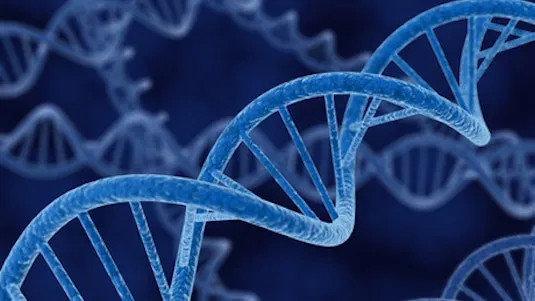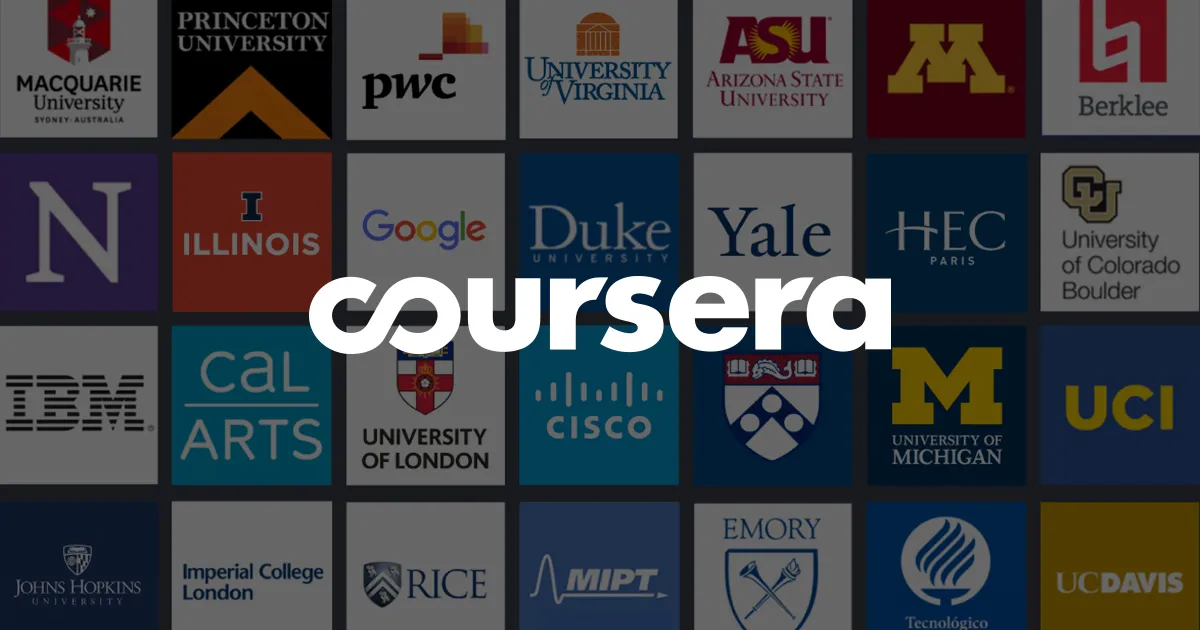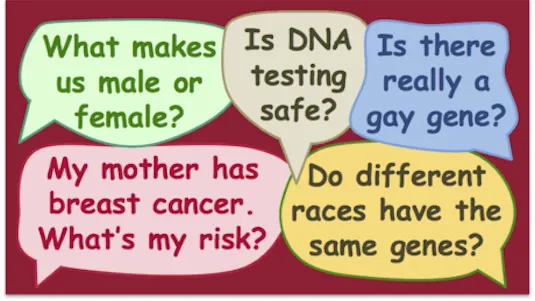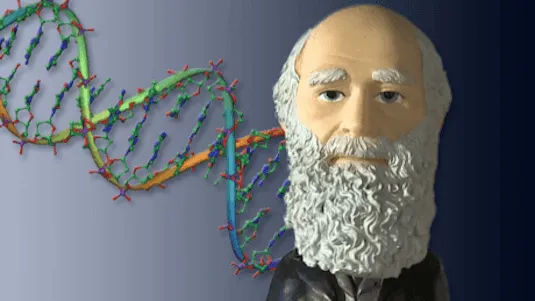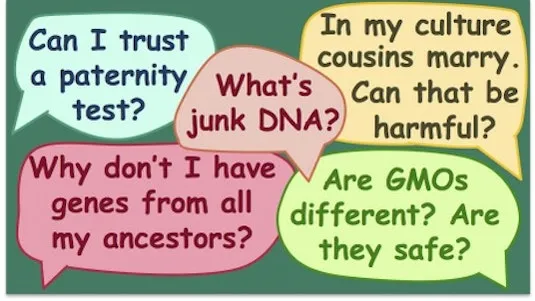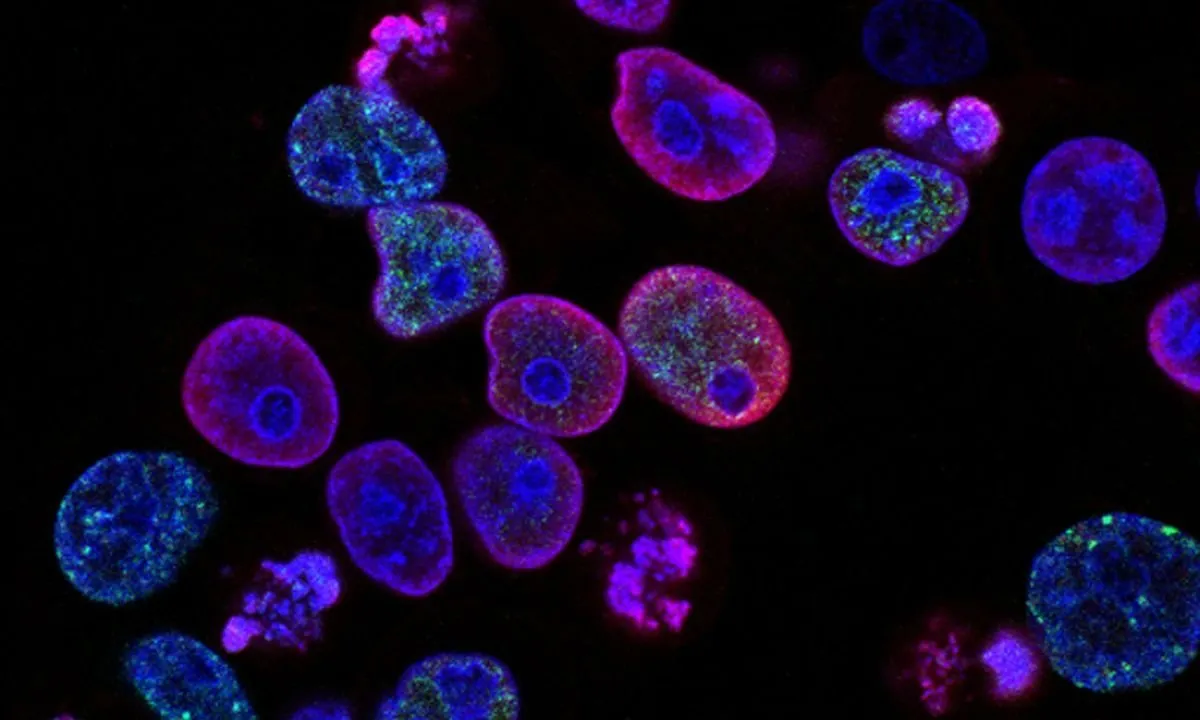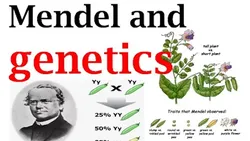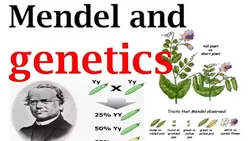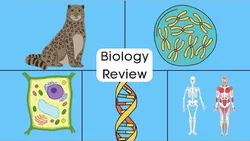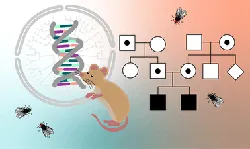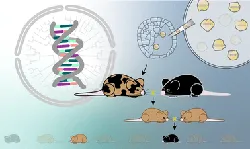Free Online Genetics Courses and Certifications 2024
Genetics is a fascinating branch of science that studies the structure and function of genes, heredity, and variation in living organisms. It is a rapidly growing field of knowledge, and there are now many online courses available to help people learn more about it. With these courses, students can gain a better understanding of the principles of genetics and how they apply to everyday life.
Popular Courses
As a four-credit undergraduate course designed for all life science students, the course aims to provide a foundation for understanding genetics and inheritance, including the major concepts and processes involved. The course covers topics such as the history of genetics, Mendelism, chromosome theory of inheritance, allelic variation and gene function, gene interactions, linkage and crossing over, extranuclear inheritance, and sex determination. The course also includes practical applications of genetic principles in day-to-day life. The course is designed to enhance students' knowledge and skills in genetics and enable them to independently investigate genetic problems using literature and analyses of empirical data. By the end of the course, students will be able to communicate the principles, theories, problems, and research results associated with genetics to specialists and laymen orally and in writing.
Learn MoreThis course provides an in-depth look at the role of genetics in the 21st century. It covers topics such as genetic inheritance, genetic testing, and the implications of genetic technology. By the end of the course, students will have a better understanding of the current and future implications of genetics.
Learn MoreThis course provides educators with the knowledge and skills to discuss the ethical implications of modern genetics, such as cloning, genetic enhancement, and ownership of genetic information. Participants will gain the tools to explore the impact of advances in genetics on society and how to integrate these topics into their classrooms.
Learn MoreThis course provides an overview of the field of human behavioral genetics, exploring the use of twin and adoption studies, as well as DNA analysis, to investigate the genetic basis of individual differences in behavior.
Learn MoreMolecular genetics is a field of study that focuses on the structure and function of genes. This paper explores the classical papers that have contributed to our understanding of the DNA double helix, mutations, and the reading of the DNA sequence.
Learn MoreThis course, Useful Genetics Part 1, is designed to provide 21st century students with a comprehensive understanding of genetics. It covers the fundamentals of genetics, from the basics of DNA to the implications of genetic engineering. The course aims to equip students with the knowledge and skills to make informed decisions about their own genetic health.
Learn MoreDuke University is offering Introduction to Genetics and Evolution, a college-level course for new students. This course provides a basic overview of the principles of genetics and evolution, and helps students understand topics such as genome sequences, ancestry, natural selection, and animal behavior. No prior coursework is required.
Learn MoreThis course, Useful Genetics Part 2, is designed to help those affected by or concerned about a genetic disease, either directly or in a family member. It covers topics such as genetic diagnosis, treatments, and prevention, as well as the ethical implications of genetic testing. It is ideal for those interested in the genetic disease field.
Learn MoreGet a comprehensive overview of The Little Stuff: Energy, Cells, and Genetics
Learn MoreThis course on Microbial Genetics will explore the various aspects of genetics, including genome organization, mutation and mutagens, plasmids, and the genetic exchange among microbes. Through 34 modules, students will gain an understanding of the T4 bacteriophage, transposable elements in prokaryotic and eukaryotic systems, and the processes of conjugation, transformation, and transduction.
Learn MoreThis course covers topics related to genetics, such as genes and sunlight, genome annotation, genes and the environment, genome medicine, and educational achievement. Steve Jones and Tim Hubbard from Serious Science provide insight into these topics, helping to further our understanding of genetics.
Learn MoreIn genetics lecture 4, the dominant allele and recessive allele were discussed. In lecture 13, Mendelian law in human genetics was explored. Lecture 12 focused on the importance of variation for evolution, and lecture 14 looked at how human genetics follows non-Mendelian inheritance. This lecture series provided an overview of the fundamentals of genetics.
Learn MoreShomu's Classical Genetics (SCG) is a course that covers the fundamentals of Mendelian genetics, the chromosomal basis of inheritance, and the eukaryotic genome organization. It provides an in-depth look at the principles of Mendelian genetics, the chromosomal theory of inheritance, and the organization of the eukaryotic genome. SCG is an essential course for those interested in understanding the fundamentals of genetics.
Learn MoreThis year in Biology, students explored the characteristics of life, the organelles of the cell, levels of organization, cell movement, mitosis, and the body systems such as the integumentary, skeletal, circulatory, immunity, and excretory. They also studied genetics, evolution, symbiosis, biomes, and classification. Students gained a comprehensive understanding of the fundamentals of Biology.
Learn MoreThis course provides an in-depth exploration of the fundamentals of genetics. It builds on concepts from biochemistry, genetics, and molecular biology, and takes a deeper look at how we can understand the genetic makeup of organisms. Students will gain a better understanding of the principles of heredity and how they can be applied.
Learn MoreThis course provides an in-depth exploration of genetics, building on the concepts of biochemistry, genetics, and molecular biology from the 7.00x Introductory Biology MOOC. It covers topics such as differences between genotypes and phenotypes, genetic inheritance, and genetic engineering. Students will gain a comprehensive understanding of the fundamentals of genetics.
Learn More Genetics Courses
Career Trends
Career Prospects
| Average Salary | Position Overview
|
| Case Manager | $31,863 per year
| Case Managers serve as a link between patients and their available care options, helping them navigate and make informed decisions about their specific situation. They specialize in various fields such as mental health, substance abuse, rehabilitation, legal, medical, and others. |
| Nurse Coordinator | $73,864 per year | A nurse coordinator is a registered nurse who facilitates communication and coordination of treatment plans between patients and their medical team. They typically work with patients who have specific diagnoses that require ongoing treatment, whether in a hospital or outpatient setting. |
| Clinical Nurse | $48.45 per hour | A clinical nurse is a highly educated registered nurse with a master's or doctoral degree in nursing who uses their specialized knowledge to diagnose, treat and manage patients. In addition to patient care, CNSs also contribute to healthcare management and research. |
| Sonographer | $18.05 per hour | Sonographers utilize imaging equipment to produce high-frequency sound waves to capture images and perform diagnostic tests on various parts of the human body. Their role is to help doctors and healthcare professionals diagnose and identify medical conditions in patients. |
| Research Scientist | $99,144 per hour | Research scientists have the responsibility of designing, conducting, and analyzing results from controlled laboratory-based investigations, experiments, and trials. They may work for government laboratories, environmental organizations, specialized research organizations, or universities. Their work involves exploring new areas of scientific research and advancing knowledge in their respective fields. |
Educational Paths
1. Bachelor's degree in Genetics or a related field, such as Biology or Biochemistry.
2. Master's degree in Genetics or a related field.
3. Ph.D. in Genetics or a related field, which is required for many research and academic positions in Genetics.
4. Online courses and certificate programs in Genetics offered by universities and online learning platforms.
5. Attending workshops, seminars, and conferences on Genetics to stay updated on the latest research and techniques in the field.
Frequently Asked Questions and Answers
Q1: What does genetics have in common?
Genetics is the scientific field that explores the study of genes and the transmission of traits from one generation to another. Geneticists are individuals who specialize in the examination of genes. DNA, a remarkable chemical substance found in every cell, exists in all living organisms. It encompasses all the necessary information for cells to determine the characteristics of a fish or an individual. These elements share a commonality in their association with genetics.
Q2: What is genetics & why is it important?
Genetics is defined as the scientific discipline that explores genes and heredity, examining the transmission of specific qualities or traits from progenitors to descendants due to alterations in the DNA sequence. A gene, which is a fragment of DNA, carries the blueprint for constructing one or multiple molecules that contribute to the functioning of the body. The structure of DNA resembles a spiral staircase, known as a double helix.
Q3: Where did genetics come from?
Genetics emerged from the discovery of genes, which are the fundamental units accountable for heredity. The field of genetics encompasses the examination of genes at various levels, encompassing their functions within cells and their transmission from one generation to the next.
Q4: What Genetics courses can I find on AZ Class?
On this page, we have collected free or certified 107 Genetics online courses from various platforms. The list currently only displays up to 50 items. If you have other needs, please contact us.
Q5: Can I learn Genetics for free?
Yes, If you don’t know Genetics, we recommend that you try free online courses, some of which offer certification (please refer to the latest list on the webpage as the standard). Wish you a good online learning experience!


